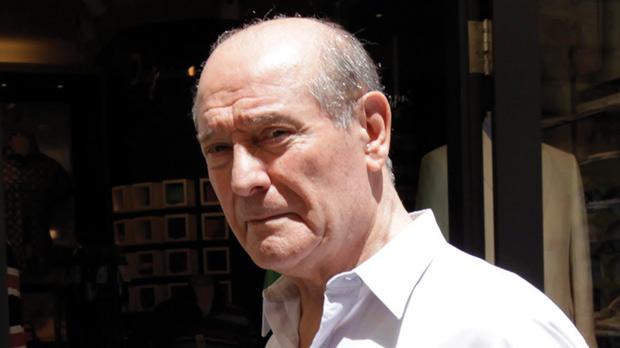Priest Rape Case Error Could Have Been Fixed
Times of Malta
A mistake that led to a defrocked priest being cleared of rape could have been corrected during proceedings, a judge ruled yesterday as he threw out an appeal by the Attorney General. The mistake emerged when, in the beginning of last August, Magistrate Saviour Demicoli acquitted Godwin Scerri, 75, of raping a boy because the victim testified that it happened in Sta Venera in 1992 when the charge sheet said it had taken place in Marfa. Mr Scerri was convicted of abusing boys about 20 years ago and was sentenced for five years in jail. Another priest who was also defrocked, Carmel Pulis, 64, was sentenced to six years in jail also for abusing boys. They both appealed the sentence and the case is expected to be heard next month. Brother Joseph Bonnett, who had been facing identical child abuse charges, passed away in January, 2010, aged 63, during the proceedings. During the appeal, lawyers Phillip Galea Farrugia and Elaine Rizzo, from the Attorney Generalís Office, argued that the place where the crime was committed was not essential for guilt to be established. Defence lawyer Giannella de Marco insisted that the prosecution had a time limit within which to make any changes to the charge sheet and once that did not happen and the time was up, the acquittal should stand. Mr Justice David Scicluna hinged his argument on this point and said that the prosecution did in fact have time to correct the mistake, which it did not. The Attorney General failed to correct the mistake while the case was being heard and the magistrate acquitted Mr Scerri because of that mistake, the judge said, dismissing the appeal. In a statement a few days after the rape acquittal, the Attorney General had referred to claims that the charge sheet could have been corrected by his office when the case was still being heard and noted that the Attorney General did not lead the prosecution before the court. The Attorney General had also argued that a correction in a late stage of the proceedings caused consequences and risks for the prosecution. The accused could demand to be notified once more of all the charges and also demand that evidence be heard all over again. This, the Attorney General had noted, raised the risk of the case being declared time barred and all the case, and not just the incorrect charge, would collapse. Rehearing all the testimony also incurred the risk of delays, mistakes and discrepancies between witnesses and, thus, correcting the charge was not an easy solution and a late correction could well destroy the whole case, the Attorney General had said. His office had appealed from the decision a few days later.
|
.
Any original material on these pages is copyright © BishopAccountability.org 2004. Reproduce freely with attribution.
